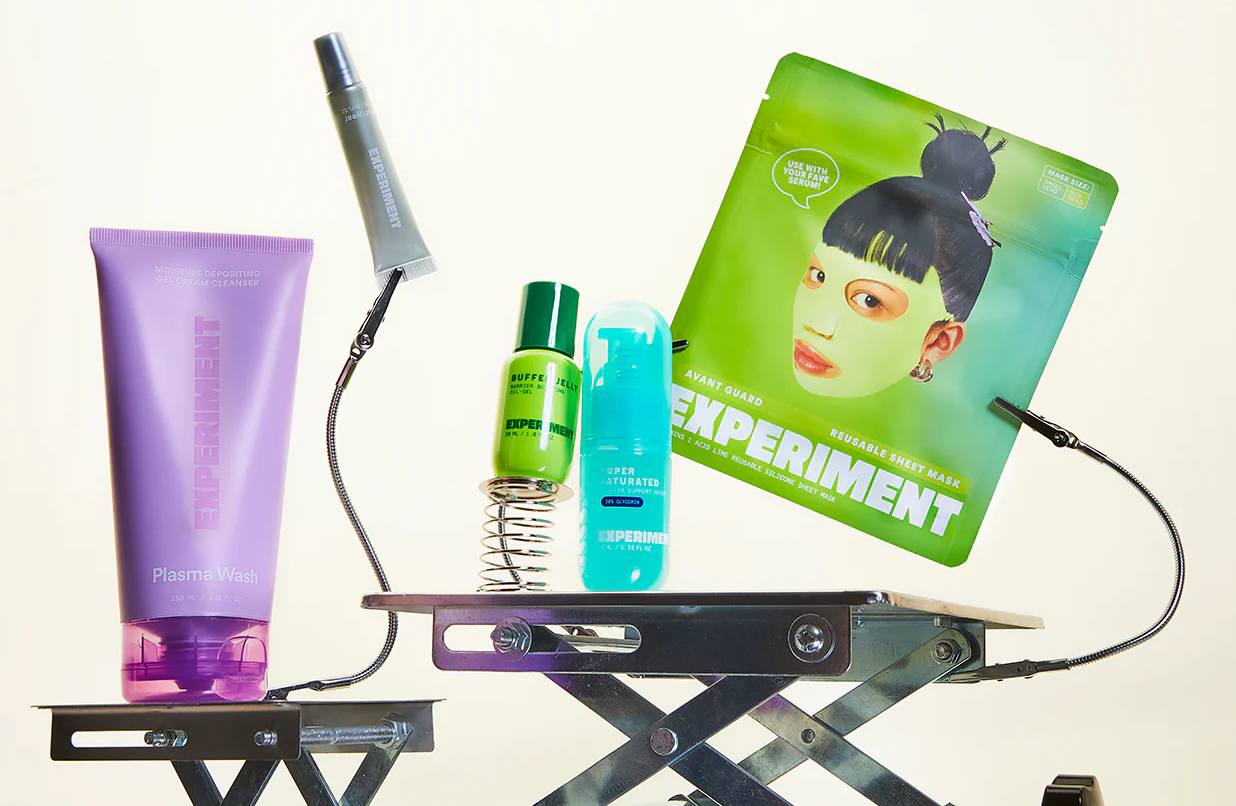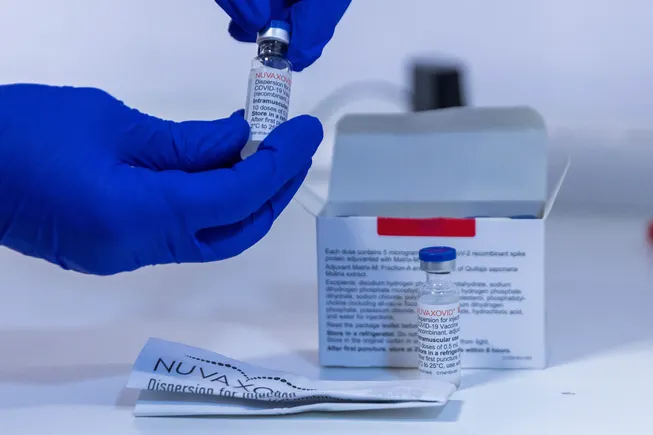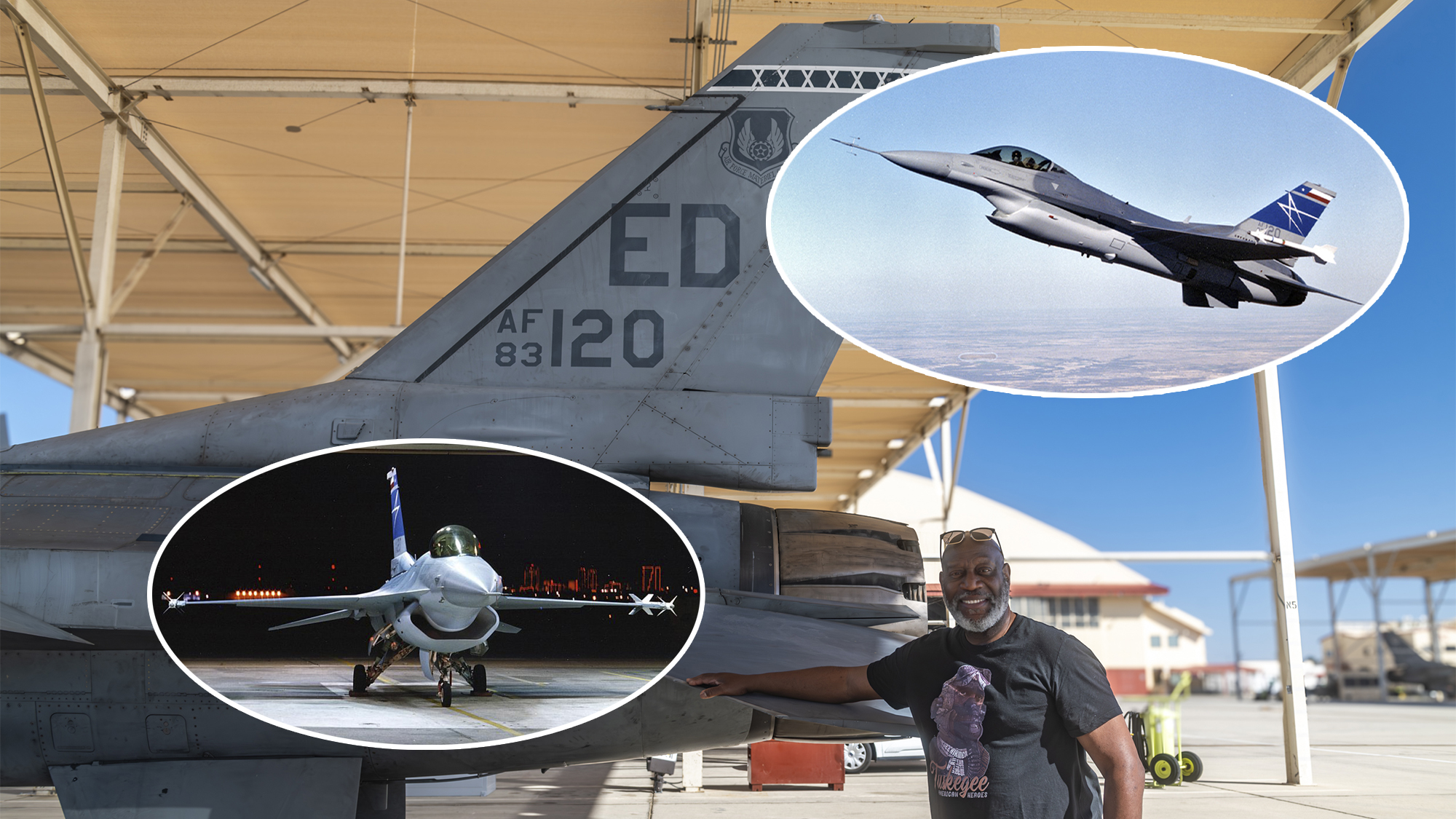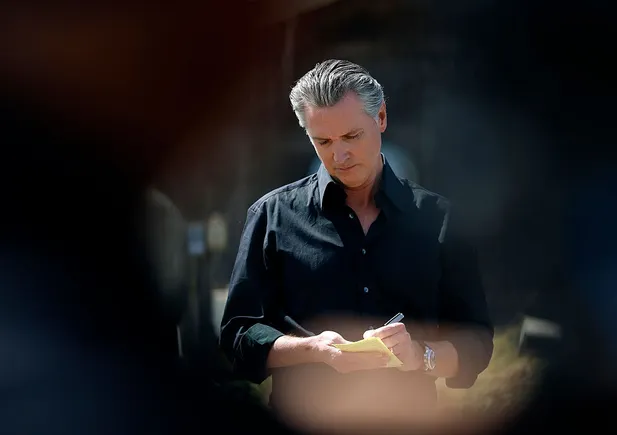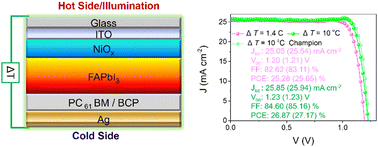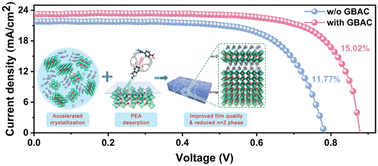Swalwell, Noem, And A Lesson About Cross-Examination
An admission is great, but a witness's refusal to make an admission when confronted with incontrovertible evidence can be equally good. The post Swalwell, Noem, And A Lesson About Cross-Examination appeared first on Above the Law.
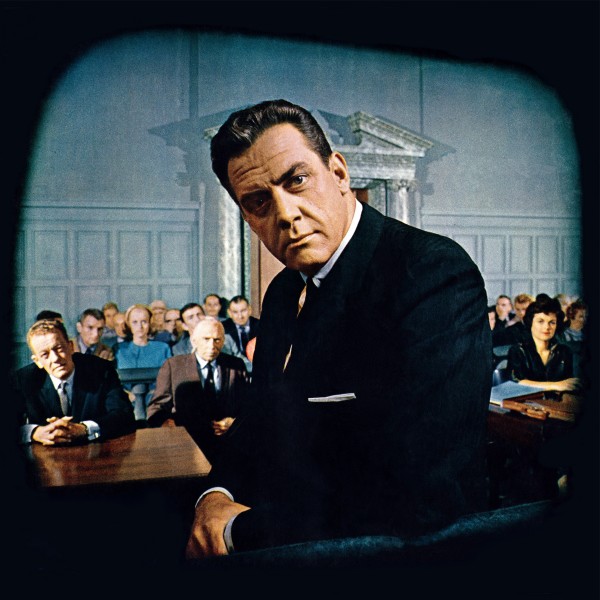
Observers of jury trials have seen the fight often enough.
The lawyer wants the witness to say, “Yes.” The lawyer has the goods on the witness; there’s no way the witness can avoid the admission. But the witness nonetheless evades. When asked again, the witness evades again. A third time, and the witness still won’t answer. The lawyer gets frustrated, shakes, starts to sweat. The lawyer raises his or her voice. The witness stays calm and continues to evade. After about 15 minutes of this, the judge tells the lawyer to move on.
Any neutral spectator thinks: “They sure hated each other, but I don’t know what that was all about. And whatever the point was, I sure don’t know who won.”
That’s because the lawyer was not thinking clearly about what one can achieve on cross-examination.
This lawyer was thinking: “I need this concession. It’s imperative. If the witness does not say ‘yes,’ then the jury won’t hear the admission, and I won’t have the written record that I need on appeal. The witness is not saying ‘yes.’ I’m getting terribly frustrated.”
That’s bad thinking.
The lawyer should have been thinking: “I can achieve one of two things during this cross-examination. Either the witness says ‘yes,’ and I have the admission I need, or the witness refuses to say ‘yes,’ making it obvious that the witness won’t answer my question, and the jury won’t like the witness. If I achieve either one of those two things, then I’ve accomplished my purpose.”
That changes the whole approach to cross-examination.
When the witness starts to evade a question, the lawyer should realize that he or she may never get a response. And that’s great! Just go down the second route, demonstrating that the witness is an obstinate jerk. This is opportunity knocking.
There’s no reason to get frustrated, or sweat, or raise your voice. Stay calm. Simply ask, and ask, and ask again, until no sentient person can miss what’s going on. You just want an answer to a simple question, and this witness refuses to answer.
After the witness’s first evasion, try this:
“I’m sorry. What I meant to ask you was (and repeat the question absolutely verbatim; the jury will understand).”
Another evasion.
“I’m sorry. I must have misspoken and, if so, I apologize. What I meant to ask you was (and repeat the question again, absolutely verbatim).”
Another evasion.
“I’m going to try again, and I’d like you to answer this question by saying either ‘yes,’ or ‘no,’ or ‘that question can’t be answered yes or no.’ (And again repeat the question absolutely verbatim.)”
Then, since there’s a judge in the room, ask the judge to instruct the witness to answer the question.
At that point, whether you’ve gotten an answer to the question or not, move on. You’ve won. Everyone saw it. It really doesn’t matter what answer the witness gave. Everyone sees that the witness, for some reason, won’t answer, and the witness is being a jerk. That’s success; you won.
Remarkably, Congress (which ordinarily does nothing useful) provided a good illustration of this principle last week.
During an interview with ABC on April 29, Terry Moran asked President Donald Trump about tattoos appearing on Kilmar Abrego Garcia’s knuckles. Trump insisted, over and over again, that the “MS13” appearing in typeface above Abrego Garcia’s knuckles had actually been tattooed on the knuckles. Moran explained that the images were photoshopped; Trump insulted Moran and repeatedly stood by his claim.
Trump looked like a moron, but that’s not my point.
Last week, Secretary of Homeland Security Kristi Noem was testifying before Congress. Congressman Eric Swalwell chose to ask Noem whether the image on Abrego Garcia’s knuckles had been doctored. Everyone knew that it had been, but Noem couldn’t speak the truth, because that would have offended one person: Donald Trump.
Swalwell also knew, or perhaps simply stumbled into good cross-examination technique, that Noem’s answer didn’t matter. Noem could either admit that the image had been doctored, and Swalwell could move on, or Noem could refuse to answer the question, showing just how stubbornly she stood by one of the administration’s insane claims.
And this was just fine.
Better than fine, in fact.
If Noem had quickly admitted that the image had been doctored, that would have been an instant of defeat for her, but she would not have created a viral moment. (Maybe Trump would have complained about her answer behind closed doors, but I doubt that Noem would have been fired over this.) Instead, Noem refused to admit an undeniable truth.
She repeatedly, and obviously, refused to answer Swalwell’s question. She didn’t think she had a choice: On the one hand, Trump implicitly forbade Noem from saying that the image had been doctored. On the other hand, Noem couldn’t have said with a straight face that the image had not been doctored.
What’s a Cabinet Secretary to do?
In a single viral moment, Noem made clear both (1) that she’s not trustworthy and (2) how fearful administration officials are of criticizing the boss. Neither of these things reflect well on her or the administration of which she’s a part.
Learn from this, litigators.
An admission is great, but a witness’s refusal to make an admission when confronted with incontrovertible evidence can be equally good.
And, oh yes: Learn from this, witnesses. If you must concede a bad fact, concede it quickly, without struggle, and let the examination move on. Creating a moment of high drama that everyone will notice, and that will not reflect well on you, is a bad idea.
Mark Herrmann spent 17 years as a partner at a leading international law firm and later oversaw litigation, compliance and employment matters at a large international company. He is the author of The Curmudgeon’s Guide to Practicing Law and Drug and Device Product Liability Litigation Strategy (affiliate links). You can reach him by email at inhouse@abovethelaw.com.
The post Swalwell, Noem, And A Lesson About Cross-Examination appeared first on Above the Law.














































